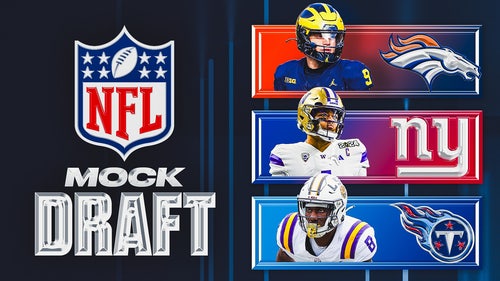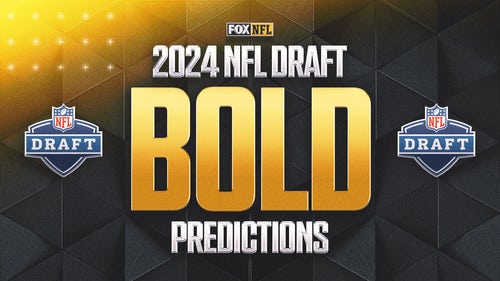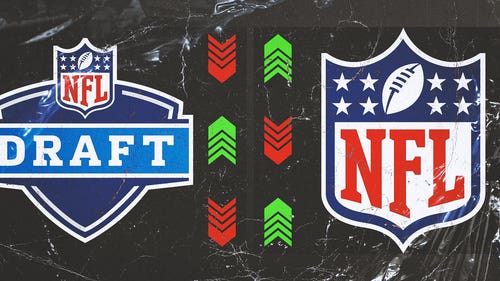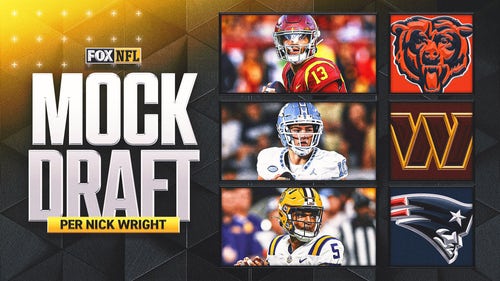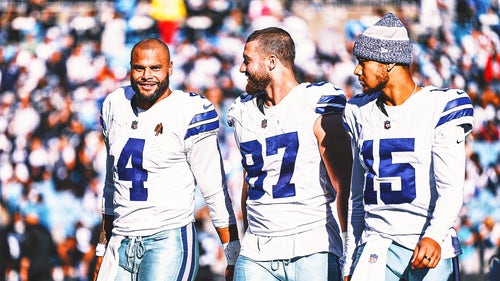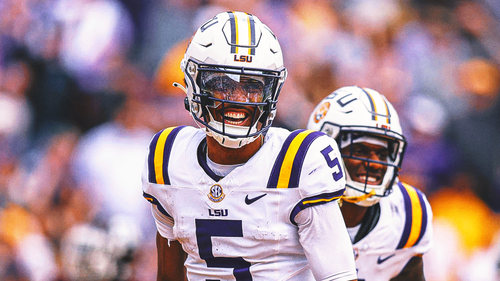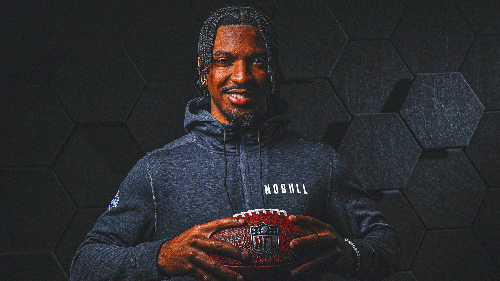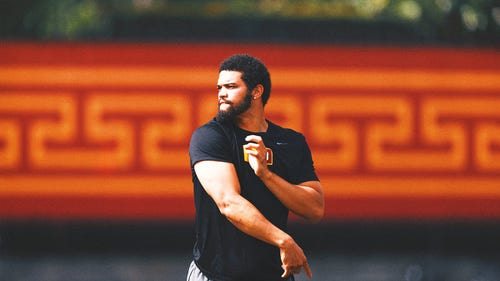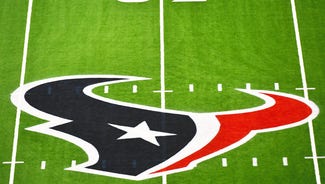
NFL must review power of violent fines
The National Football League changed back in Week 6, when the league fined James Harrison, Brandon Meriweather and Dunta Robinson huge chunks of money for what were deemed to be illegal hits.
By doing so, the NFL sent a message to all players and coaches, confirming that it was serious about the issues of player safety and concussions, and that players were going to have to change the way they play.
The NFL sent out a message, all right — but I purposely left out the word clear.
Eight weeks have passed, and the question that begs to be asked is whether the big fines have had an effect. In my opinion, the answer is, “It depends,” which would appear to be about as clear as the message that was sent out by the league.
Look, I support most anything the NFL does, or tries to do, to protect players. It is a sad commentary that the average career of an NFL player is only three-and-half years. Certainly not all of that is injury related, but it would still appear to be a factor.
I also respect the fact that the league is looking at retired players and the ramifications of the concussions they sustained during their playing careers, not just in the NFL but in the lower levels of football, too.
Once reporter Alan Schwarz and The New York Times started writing what seemed like daily articles on concussion studies, followed by Congress asking some questions about the subject, the NFL, to its credit, put the pedal to the metal.
However, I think that the accelerator is stuck to the floorboard, and the NFL needs to figure out a way to ease off the gas and rewrite its goals.
Here is one reason I think the league’s approach is working: I haven’t seen much of the Meriweather-type hit since Week 6. That hit was the worst of them all.
The Patriots safety clearly launched and hit Ravens tight end Todd Heap helmet-to-helmet with the crown of his helmet. He deserved every penny of that $50,000 fine and looking back, I think he should have been suspended.
That, to me, was a cheap shot and a non-football act. (More on non-football acts later.)
I think every single player and coach in the NFL now knows that was a foul. So this part of the renewed emphasis seems to be working, which is good news.
The bad news is that the line, beyond the Meriweather hit, has become blurry when it comes to what is legal and what is not.
I really hate to admit this, but I am beginning to question this, also.
I say this because I thought the hit this past Sunday night by Ravens linebacker Jameel McClain on Steelers tight end Heath Miller was not a foul. I felt the contact that occurred was shoulder-to-helmet and unavoidable.
McClain did not lead with the shoulder, forearm or the helmet. I know the defenseless player rule doesn’t say anything about leading with the shoulder but when you watch this play in real time, it truly happened so fast that the contact was clearly unavoidable, and McClain did not lower his head, lift his forearm or lead with the shoulder.
It was scary but unavoidable.
The same could be pretty much be said about the Robinson hit in Week 6. That is the first issue the NFL should address — avoidable versus unavoidable contact.
If the contact is unavoidable and the defender does not lead with the helmet, shoulder or forearm, then recognize that it is part of the game and nothing can be done to change that.
If it is avoidable and the player leads with the helmet, forearm or shoulder, then throw the book at him.
Now for non-football acts … to me, a non-football act is an act that has nothing to do with the game of football. Two players ripping off each other’s helmets and then participating in a hockey fight is a non-football act and should be dealt with severely.
Spitting in an opponent’s face and stomping on an opponent’s head – both of which have happened in games — are non-football acts. They have nothing to do with blocking and tackling.
I could say the same thing for the Meriweather hit. That was purely an attempt to punish Heap and it did.
I say suspend anyone who does this, including Cortland Finnegan and Andre Johnson. Any player who commits an egregious non-football act. There is no excuse for this.
So, is the NFL’s approach to these excessive fines working?
I would have to say no.
Some progress has been made, but players, coaches and even officials are confused — which might be why flags were not thrown on the McClain hit in Week 13, or the Harrison hit on Mohamed Massaquoi in Week 6.
I would like to see the powers that be at the NFL make another instructional video and consider avoidable versus unavoidable and non-football acts as part of the lessons. Show clear definitions of each and make sure every player, coach, official, broadcaster and former vice-presidents of officiating gets a clear understanding as to what is acceptable or what is not.
The NFL’s emphasis on player safety will be difficult to enforce and advance without this.






































































































































